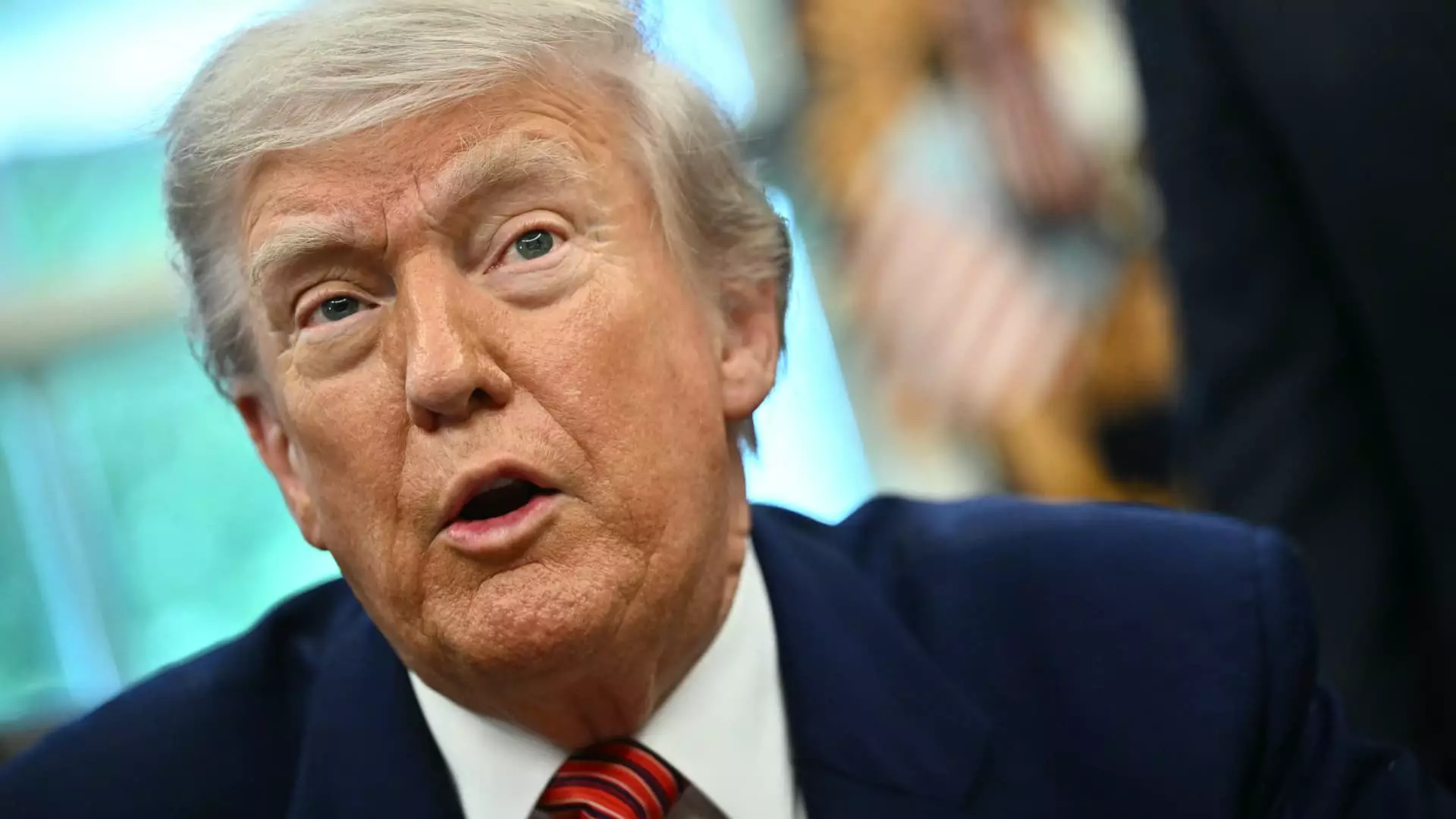In a commencement address that straddled the fine line between military tradition and political theatrics, former President Donald Trump delivered what has become his signature blend of bravado and confrontational rhetoric. At the West Point graduation ceremony, he didn’t just honor the young graduates; he co-opted their moment to showcase his administration’s perceived military revitalization. Clad in his iconic red ‘Make America Great Again’ hat, Trump declared this era as a “golden age” for America—a phrase that feels more like an exaggerated slogan than a reflection of reality.
His assertion that these graduates are stepping into a period of unprecedented military prowess raises eyebrows. While the phrase “golden age” might resonate with his base, many Americans recognize it as more of a fantastical narrative than a solid fact. Such statements gloss over the complex state of global affairs where the U.S. military remains entangled in multifaceted conflicts, many of which have arisen from the flawed foreign policies of previous administrations and his own.
Broken Promises and Military Realities
As Trump boasted about having “rebuilt the military,” it’s imperative to dissect what this truly signifies. The U.S. military’s strength ought not only to be measured by increased budgets and troop deployments. It includes concern for the mental and emotional well-being of service members, engagement in responsible foreign policy, and the military’s role in promoting peace rather than mere dominance. Trump’s depiction of military revitalization primarily seems to underscore an agenda heavily emphasizing showmanship over substance.
Furthermore, the administration’s approach towards military academies has sparked renewed discussions around inclusivity and diversity. In his address, he championed the dismantling of diversity, equity, and inclusion (DEI) programs, heralding it as a liberation from “divisive” trainings. This rhetoric not only diminishes the importance of cultural sensitivity in an increasingly globalized world but also raises questions about whether an understanding of diverse perspectives should be considered a liability rather than an asset in military leadership.
Political Theater at the Cost of Growth
The blended nature of Trump’s address—part graduation ceremony, part campaign rally—underscores a troubling aspect of modern political discourse: the exploitation of solemn occasions for personal gain. By turning a military graduation into a platform for criticism against his predecessors, Trump misses an opportunity to inspire genuine commitment to national service. Instead of fostering unity and understanding among future leaders, he thrives on division, which can ultimately weaken both the military and national morale.
While contempt for past administrations has become a hallmark of Trump’s rhetoric, it offers little in the way of constructive discourse. It is crucial for leaders to learn from history rather than dwell in blame. The dangers of assigning fault without accountability for lessons learned can lead to repetitive mistakes in policy and practice—especially in the context of military engagement.
In the end, Trump’s speech epitomized an administration that often prioritized political gain over substantive improvements in the military landscape. As these new graduates embark on their careers, they deserve leaders who equip them with ideals rooted in harmony, growth, and respect for the multifaceted world in which they will serve—not just the hyperbolic rhetoric of an era defined by conflict and division.


Leave a Reply